Is Apple's so-called "Monopoly" to blame for its domination, or is it the fault of consumers?
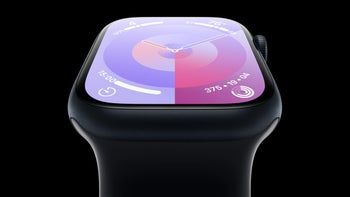
Besides accusing Apple of making the Amazon Fire Phone a flop, the Justice Department has put together what it thinks is a strong case showing that Apple monopolized certain tech markets by preventing third-party companies from competing against the iPhone and other products. Besides the iPhone, the DOJ mentions the Apple Watch and AirPods as products that dominate their individual markets.
Does Apple dominate the smartwatch market because of a monopoly or because of strong customer support?
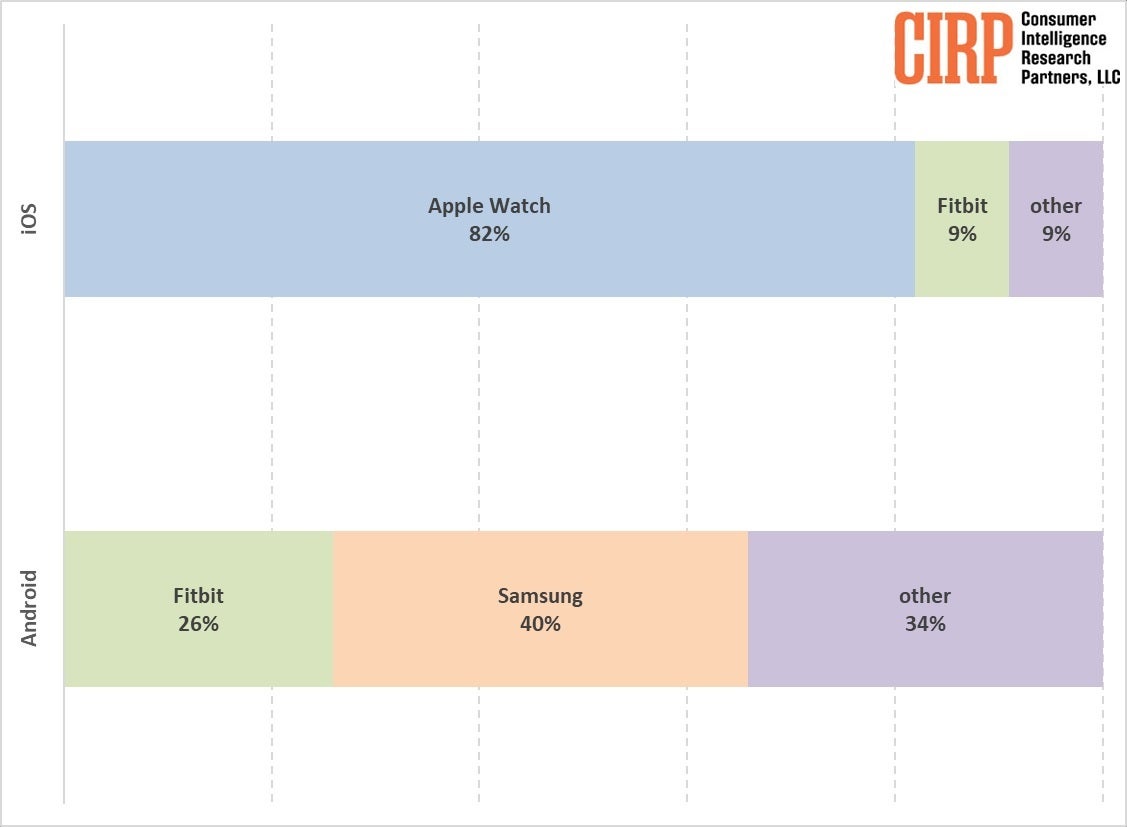
Apple dominates the smartwatch market among iPhone users. This is no surprise
The DOJ, in its filing, says that Apple "degrades" the performance of competing smartwatches "in at least three significant ways." What are these ways? "First, Apple deprives iPhone users with third-party smartwatches of the ability to respond to notifications. Second, Apple inhibits third-party smartwatches from maintaining a reliable connection with the iPhone. And third, Apple undermines the performance of third-party smartwatches that connect directly with a cellular network. In doing so, Apple constrains user choice and crushes innovation that might help fill in the moat around Apple’s smartphone monopoly."
CIRP's graphs show that among U.S. iPhone owners, 82% owned an Apple Watch during the fourth quarter, 9% had a Fitbit (owned by Google) and 9% used one of the many brands stuffed in the "Other" category. During Q4, U.S. Android users preferred the Samsung Galaxy Watch with 40% of those with an Android phone choosing to wear that smartwatch brand. Fitbit had 26% of the smartwatch market among Android users. Brands in the "Other" category were the choice of 34% of smartwatch wearers among Android phone users.
Apple's AirPods are the preferred earbuds among iPhone users
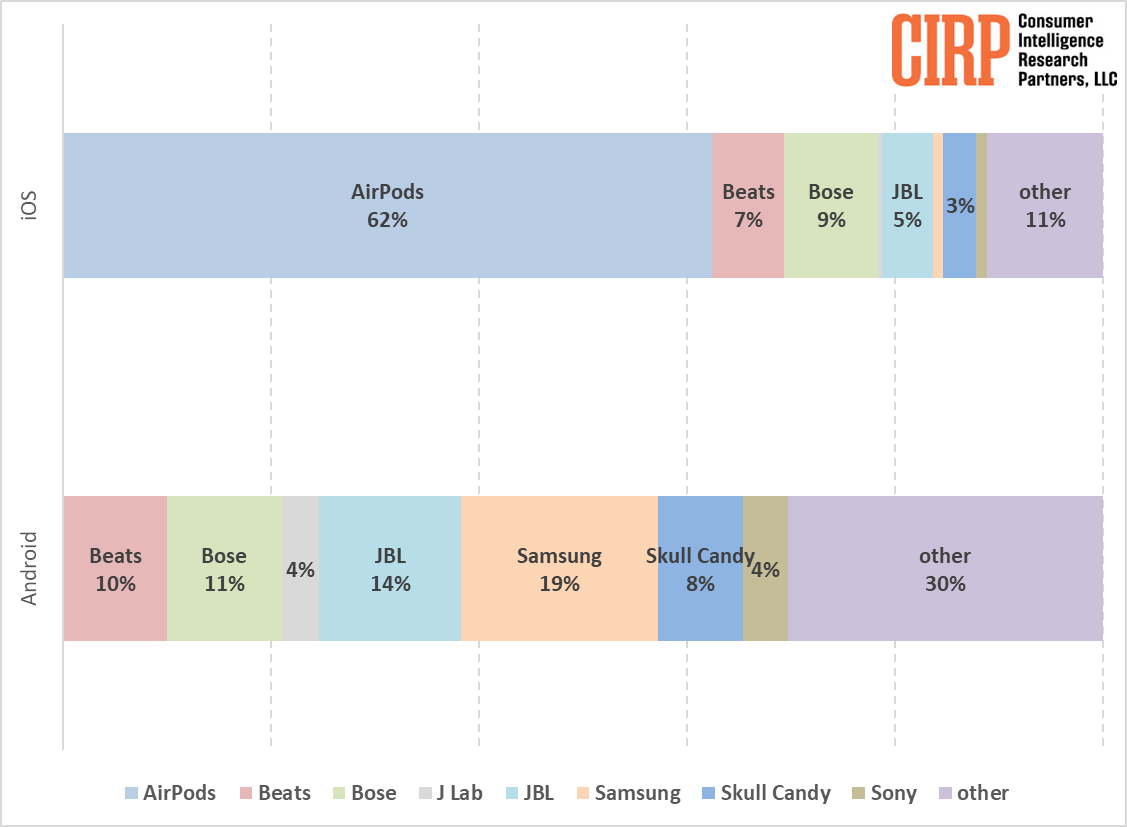
Android phone owners buy their wireless earbuds from a wider range of manufacturers
Android users in the States choose from a wider range of wireless Bluetooth earbuds. Among those with an Android phone, Samsung had a leading 19% market share followed by JBL (14%), Bose (11%), Beats (10%), and Skull Candy (8%). The "other" category, made up of many different brands with a lower share, collectively had 30% of the market among Android phone users.
The DOJ and Apple will both spend the trial trying to convince the judge that they are right
Does this prove that Apple has "rigged" the game? Or does it simply mean that Apple device owners are more likely to stay within the company's ecosystem? This is a question that both the DOJ and Apple will try to answer in a way that convinces the judge that their position is right.
All I can add here is that I bought the iPhone 15 Pro Max because I thought it was the best phone on the market and had the specs and features I needed. Who knows. Had the same government that goes after Apple for allegedly stunting consumer choices allowed me to buy an Android-powered Huawei Mate 60 Pro in the U.S. powered by a cutting-edge Kirin chipset, I might have purchased that instead. And I wear an Apple Watch SE because I like it more than the other watches I tried and I also wanted to stay inside the Apple ecosystem. Had I been allowed to buy a Huawei phone, I probably would have added a Huawei watch.


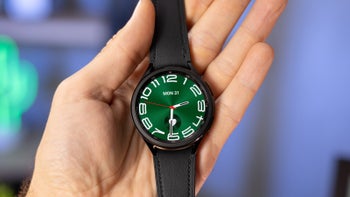
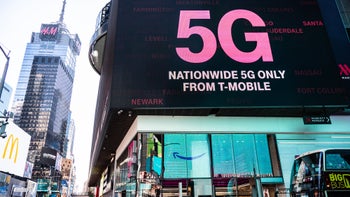

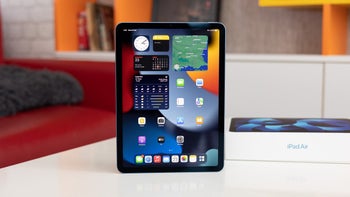

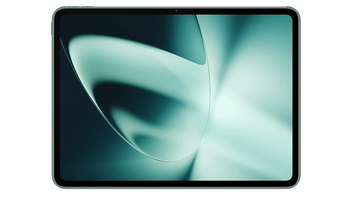
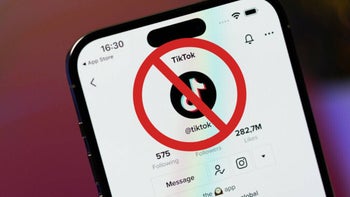

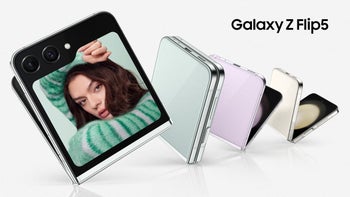

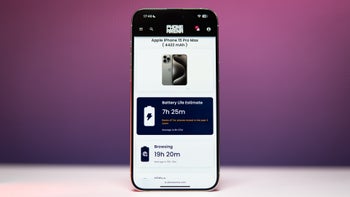
Things that are NOT allowed: